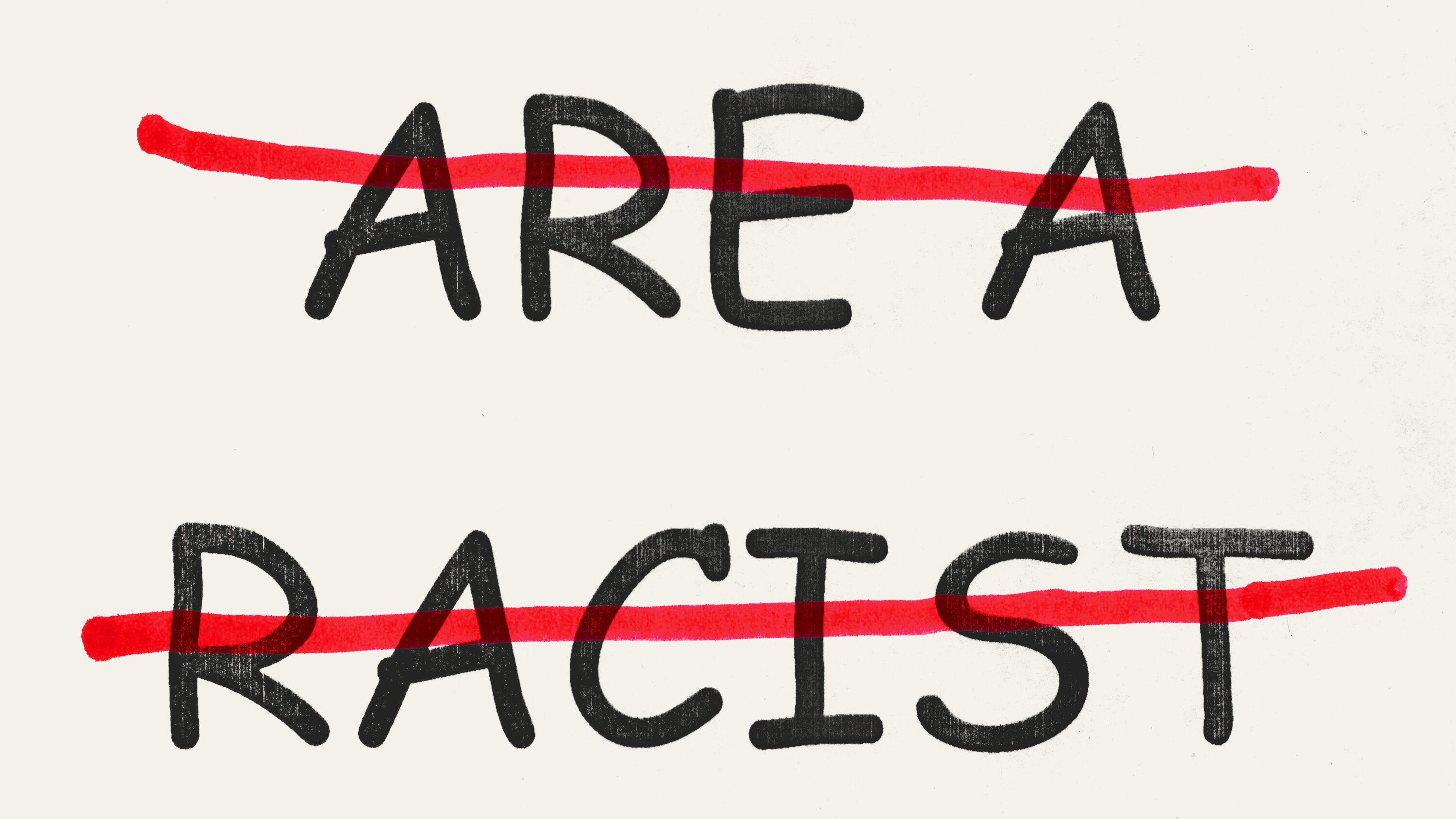Racist jokes are not just “jokes”—they are a reflection of deep-seated biases and systemic inequities that perpetuate discrimination and social divides. While they may be dismissed as harmless humor, their implications are far-reaching and often reinforce harmful stereotypes that marginalize entire groups of people. Addressing this sensitive topic requires a nuanced understanding of its origins, context, and repercussions in both individual lives and broader society.
Humor is a powerful tool for communication, capable of bridging divides and fostering connections. However, when humor crosses the line into racism, it ceases to unite and instead alienates and demeans. Racist jokes are not merely offensive; they are a manifestation of prejudice that can normalize intolerance and perpetuate harmful ideologies. This discussion aims to explore the multifaceted nature of such jokes, their historical context, their impact on individuals and communities, and the need for a cultural shift toward more inclusive humor.
In a world striving for equality and inclusivity, it is crucial to examine the ways in which seemingly innocuous forms of entertainment, such as jokes, contribute to larger patterns of discrimination. By understanding the origins and effects of racist jokes, we can collectively work toward creating a society where humor uplifts rather than divides. This article delves into the various aspects of this issue, offering insights supported by research, expert opinions, and real-world examples.
Table of Contents
- The Origins of Racist Jokes
- Why Racist Jokes Are Harmful
- Psychological Impact on Individuals
- Normalization of Stereotypes in Society
- Racist Jokes in Media and Entertainment
- Legal and Social Implications
- The Role of Education in Combating Racist Jokes
- Cultural Context and Racist Jokes
- How Racist Jokes Affect Children and Youth
- The Role of Social Media in Amplifying Racist Jokes
- Steps to Address Racist Humor
- Promoting Inclusive Humor as an Alternative
- Real-Life Examples and Case Studies
- Frequently Asked Questions
- Conclusion
The Origins of Racist Jokes
Racist jokes have deep roots in history, often emerging as tools to reinforce societal hierarchies and justify systemic oppression. In many cases, they originated during periods of colonization, slavery, and segregation when humor was weaponized to dehumanize certain groups. By reducing individuals to stereotypes, these jokes served to validate discriminatory policies and practices.
For instance, minstrel shows in the 19th and early 20th centuries were a prominent medium for spreading racist jokes. These performances caricatured African Americans in demeaning ways, perpetuating harmful stereotypes through exaggerated portrayals. Such humor was not only socially acceptable but also widely celebrated, reflecting the institutionalized racism of the time.
Additionally, racist jokes were often used as a means of consolidating power within dominant groups. By ridiculing marginalized communities, these jokes reinforced a sense of superiority among the majority while ostracizing minorities. This historical context underscores the dangerous interplay between humor and power dynamics, highlighting the importance of critically examining the origins of racist jokes.
Why Racist Jokes Are Harmful
At first glance, a joke may seem like a benign form of entertainment. However, when humor targets a specific race, it often comes at the expense of empathy and understanding. Racist jokes perpetuate stereotypes, normalize prejudice, and contribute to a culture of exclusion. They may appear to be “just words,” but their psychological and social impact is profound.
One of the most insidious aspects of racist jokes is their ability to desensitize individuals to racism. By framing prejudice as humor, these jokes make it easier for people to dismiss serious issues of discrimination. Over time, this normalization can lead to a society that is less likely to challenge systemic inequalities, as the line between humor and harm becomes increasingly blurred.
Furthermore, racist jokes can have a direct impact on the mental health of those targeted. Studies have shown that exposure to discriminatory humor can lead to feelings of alienation, anxiety, and depression among marginalized groups. The cumulative effect of such jokes can be particularly damaging, as they reinforce a sense of otherness and inferiority.
Psychological Impact on Individuals
The psychological toll of racist jokes on individuals cannot be overstated. For those on the receiving end, these jokes are not merely offensive; they are a form of microaggression that can erode self-esteem and emotional well-being over time. The impact is particularly pronounced for individuals who experience racism on a daily basis, as jokes serve as yet another reminder of their marginalized status.
Research has demonstrated that exposure to racist humor can lead to increased stress levels, reduced confidence, and a heightened sense of vulnerability. For children and adolescents, the effects can be even more severe, as they are in the process of forming their identities and self-worth. Being the target of racist jokes during this critical developmental stage can have long-lasting consequences, including difficulty forming healthy relationships and achieving academic or professional success.
Moreover, the psychological impact of racist jokes extends beyond the individuals directly targeted. Witnesses to such humor, particularly those from the same racial background, may also experience feelings of anger, helplessness, and frustration. This ripple effect highlights the broader harm caused by racist jokes, underscoring the need for a collective effort to address this issue.
Normalization of Stereotypes in Society
One of the most concerning aspects of racist jokes is their role in normalizing stereotypes. By presenting biased views as humor, these jokes subtly reinforce societal prejudices, making them appear acceptable or even natural. This normalization is particularly dangerous because it operates under the guise of harmless fun, masking the underlying discrimination.
For example, jokes that depict certain racial groups as lazy, untrustworthy, or unintelligent perpetuate harmful stereotypes that can influence public perceptions and policy decisions. These stereotypes are not just offensive; they have real-world consequences, affecting everything from employment opportunities to interactions with law enforcement.
Addressing this issue requires a shift in cultural attitudes toward humor and its impact. By challenging the normalization of racist jokes, we can begin to dismantle the stereotypes they perpetuate and foster a more inclusive society.
Article Recommendations

